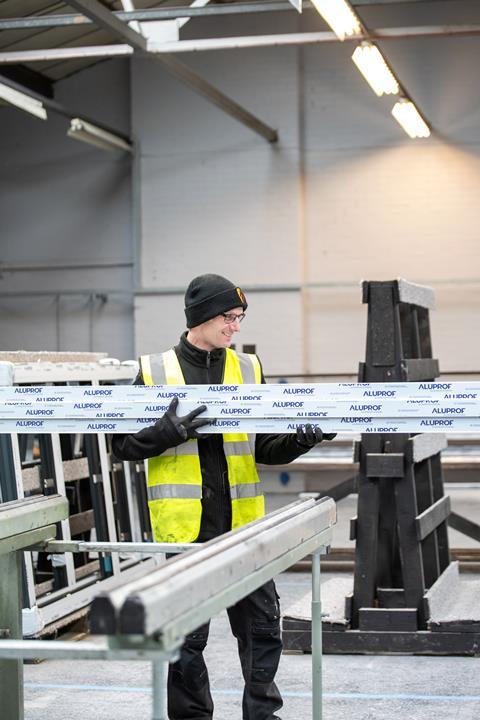
Rebecca Sutherland, chief executive officer (CEO) of Aluminium Fire Systems, has always been a firm believer in output rather than input when it comes to working arrangements. So when a number of studies emerged which extolled the merits of a four-day week, it piqued her interest.
But in a business where some people must be on-site as they physically assemble products, she knew doing so without impacting on production would be a challenge. “You can’t build things faster than you can build them,” she says.
The solution was to move the whole business to working four 10-hour days, with an extra break included on each working day and the organisation shutting down entirely on Fridays.
“The business is open from 5am to 7pm so people can do their 10 hours whenever it works for them,” she says. “We have people who pick their children up on a certain day so we’ve had to look at whether they could do an extra half-hour every other day to accommodate that. It’s about being flexible within the flexibility.”
The organisation initially rolled out the scheme on a trial basis in 2022 but found that productivity improved dramatically. “They really give it their all for those four days,” she says. “Within three weeks, there wasn’t a single person who wanted to go back to a five-day week.”
There are other benefits too; people spend less money on commuting and childcare, and more time with their families.
Alongside this, the organisation has taken steps to ensure that those who are able to can work from home. This has involved working with all employees to dispel misconceptions around homeworking. “We did a lot of teambuilding exercises around people understanding each other’s roles,” says Sutherland.
Sutherland believes the new working arrangements have helped to attract and retain staff, as well as contributing to lower absence rates. “If [our] staff are happier, the bottom line will look after itself,” she says.











